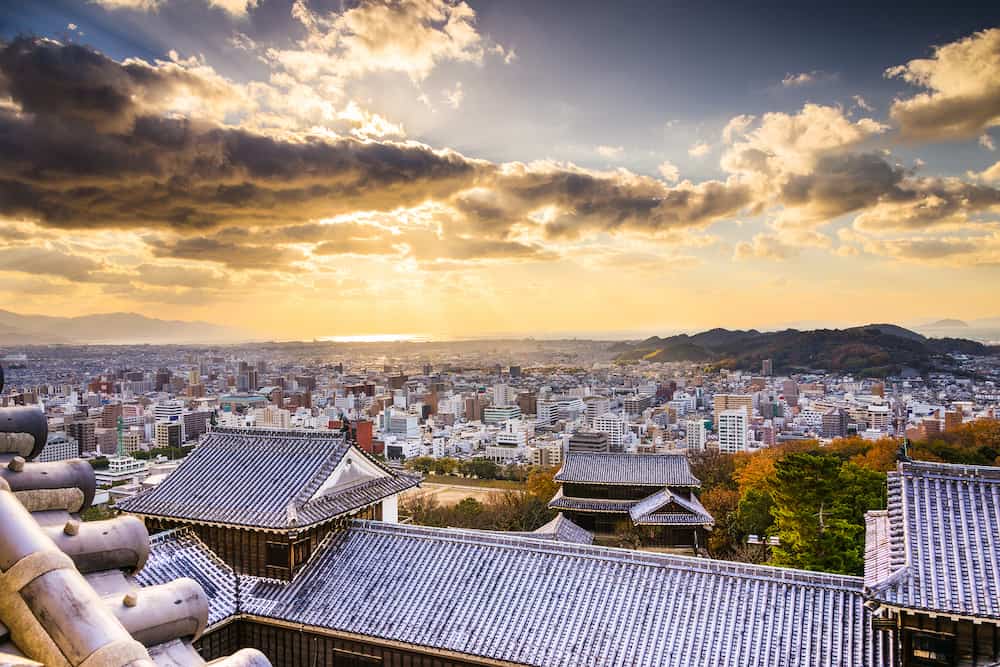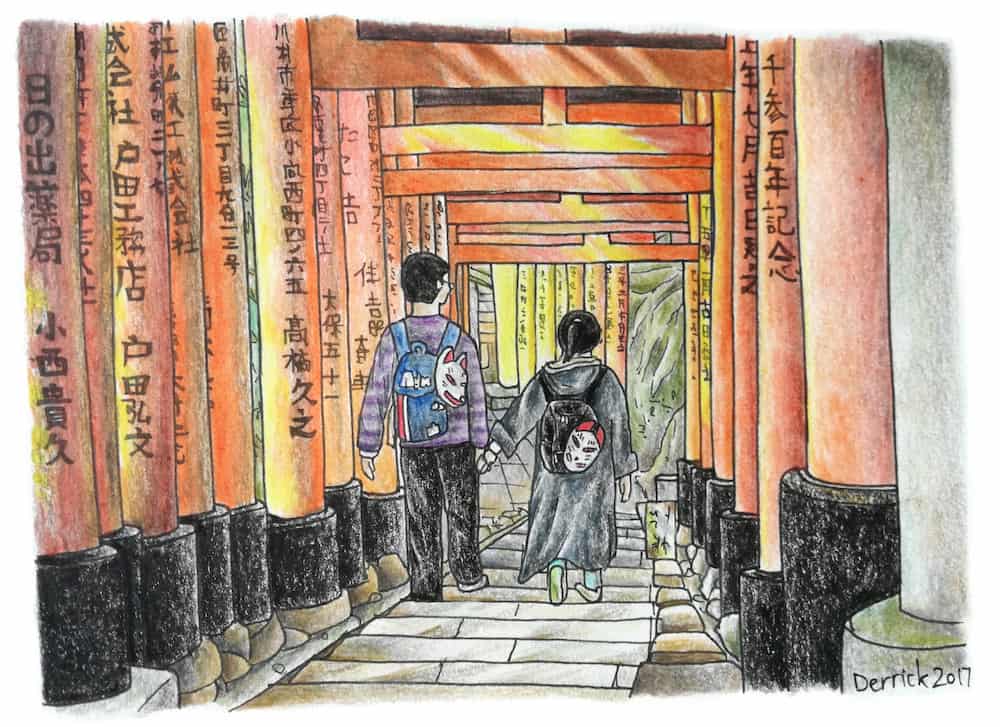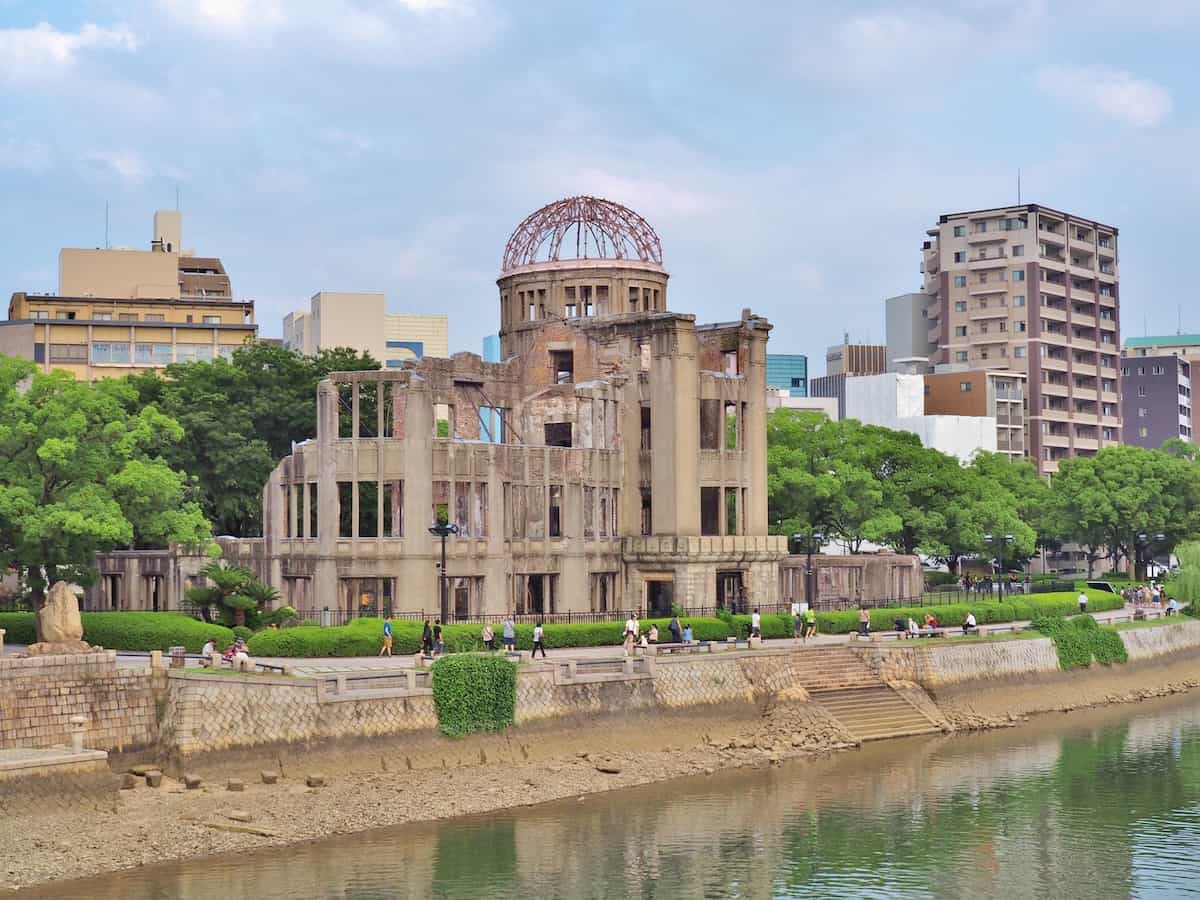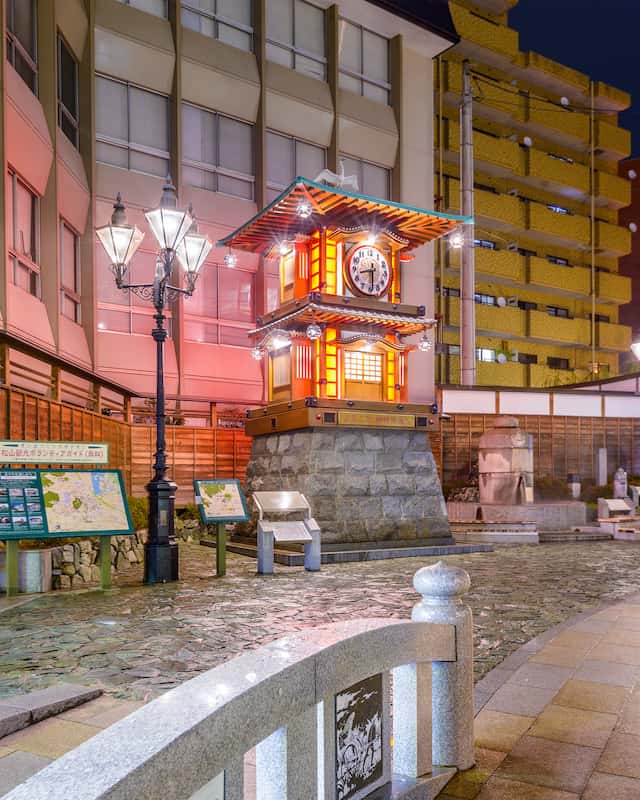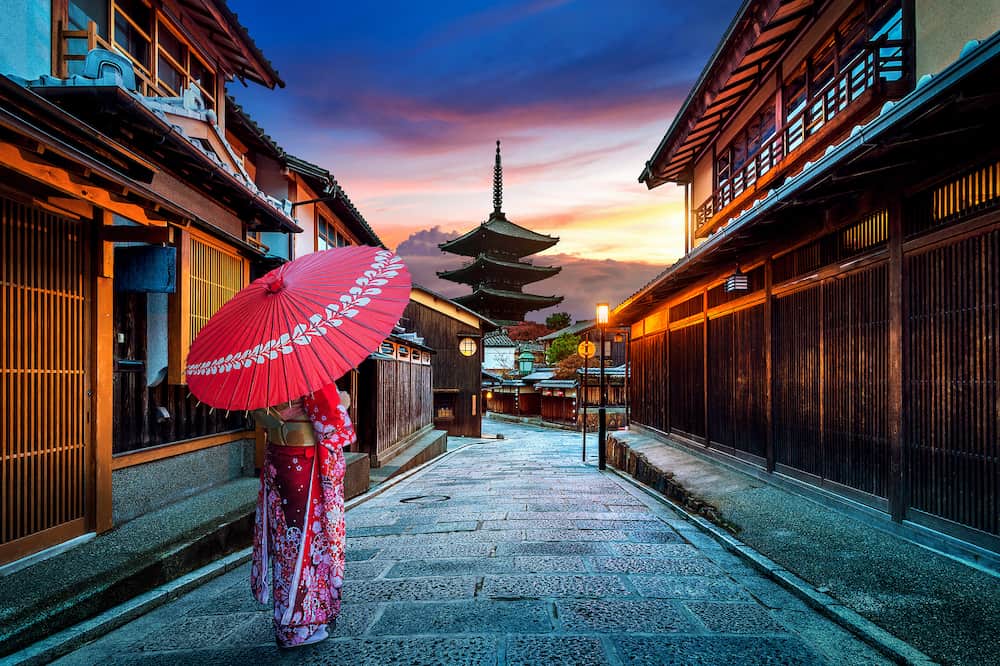Tipping in Japan Guide | When and How Much to Tip in Japan
I have always noticed that Japan is just one of those countries that make it to the top of many people’s bucket lists, including mine because it seamlessly combines its rich traditional culture with modern technology and innovation.
It can be a truly fascinating experience and attracts people worldwide to its stunning natural landscapes, where we can explore forests, lakes, and beautiful cherry blossom (sakura) gardens in the spring.
Japan has rich cultural heritage, including ancient traditions like tea ceremonies, calligraphy, and kimono-wearing. Visitors can view historic temples, shrines, and castles that glimpse the country’s past.
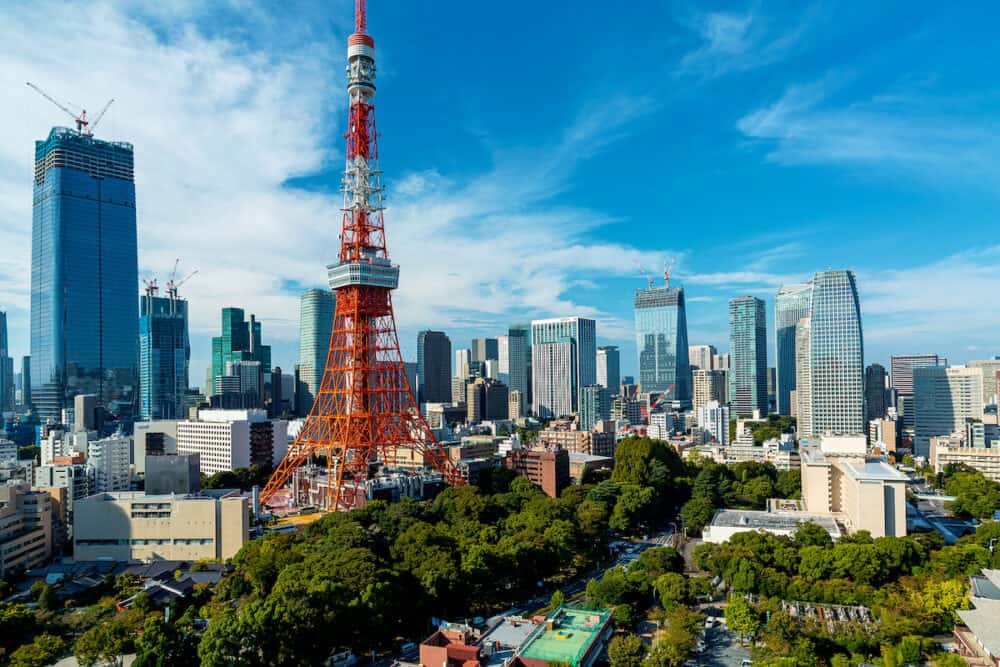
With so much to offer and Japan’s progress as a highly developed country, is there tipping in Japan? This is an interesting question because, unlike many other countries and places around the world, there is a tipping culture, but not in Japan.
It is not a common practice in Japan and is not expected. In fact, tipping can sometimes be seen as disrespectful or confusing to Japanese service providers.
So why is tipping rude in Japan? Trying to tip in Japan may need clarification or even discomfort for the service provider. They might refuse the tip or not understand the gesture, as it goes against the established norms of the country.
Plan your trip?
Avoid hidden fees in the exchange rate while withdrawing from millions of ATMs abroad, paying in restaurants and shops, and buying your accommodation and flights using the Wise Card. You can hold up to 40+ currencies at once to spend in in over 150 countries, and convert them in real time with the free Wise app.
Need help planning your trip from start to finish? Check out these helpful links:
- Cheap flights
- Savings on accommodation from hostels to luxury hotels
- Affordable car rental options
- Affordable sightseeing tours and day trips
- Travel Adapter – All in one so you don’t have to carry a bunch around
- Don’t be silly and forget Travel Insurance! Get hurt and you’ll regret it…
This post contains some affiliate links for your convenience. Click here to read my full disclosure policy. You can also read our content/editorial policy here.
Are you expected to tip in Japan?
Even though it isn’t expected, I have wondered whether we should tip in Japan anyway. Since the Japanese service industry takes pride in providing excellent service as a standard, they believe it’s their duty to do so without expecting extra money.
Therefore, we should refrain from tipping in Japan, and it is best to not push the limits of their culture by trying.
Even though we can’t tip the way we usually do in most places around the world, there are other ways we can give our thanks and show our appreciation for good service in Japan.
There are a couple of behaviours and gestures that can go a long way when providing any extra gratitude to workers in the service industry.
- Saying Thank You:vIn Japanese, a simple and sincere “Arigatou Gozaimasu” (Thank you very much) is a great way to express our gratitude.
- Politeness: Our interactions with the Japanese should be polite and respectful; bowing is a familiar gesture in Japan to show respect and gratitude.
- Respecting Customs: I recommend familiarising ourselves with Japanese customs and etiquette, which include removing shoes when required, not speaking loudly, and following local customs.
- Gifts: If we want to express our gratitude, consider offering a small gift or souvenir, especially in homestays or visiting someone’s house.
- Exceptional Service: If we have received exceptional service, a handwritten thank-you note (in Japanese or English) can be a thoughtful way to show appreciation.
By showing respect and appreciation through these cultural gestures and behaviours, we can convey our thanks in a more meaningful way that still aligns with Japanese customs and expectations.
It is good to remember that tipping money is unnecessary and may even be perceived as unusual or awkward in this context.
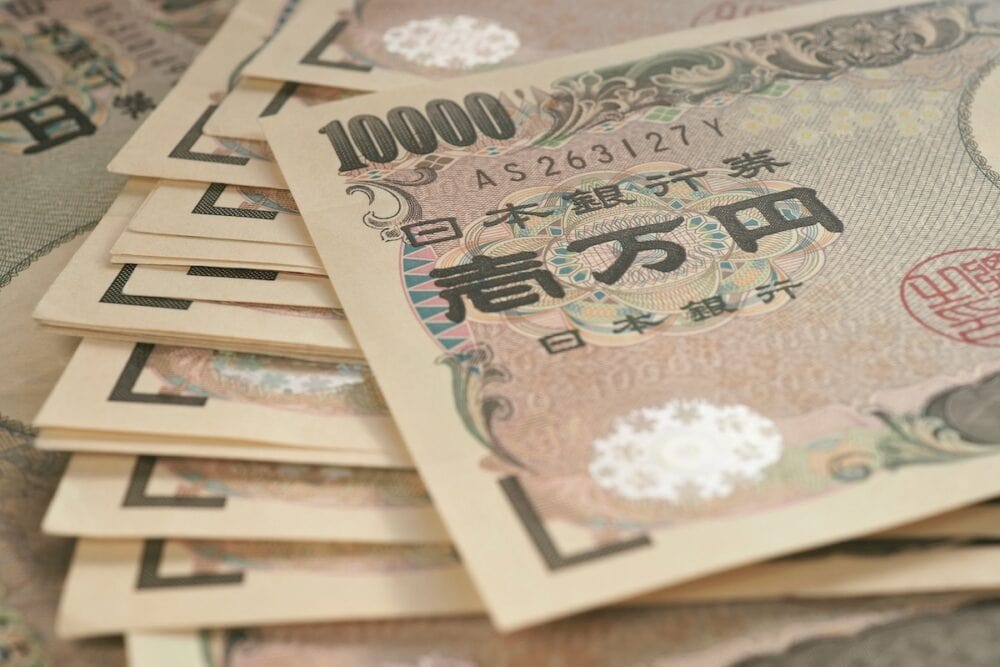
What’s the easiest way to give a tip in Japan?
Since Japan has no tipping etiquette, I suggest using the above methods to show appreciation since Japanese locals, residents and workers will most likely prefer it. That way, we won’t leave anyone offended or out of place.
If, for some reason, we feel a great need to leave some form of money – or maybe a specific worker or someone who really went out of their way for us – it’s always best to be discreet and never get any money out straight from our purse or pockets.
Put whatever cash in an envelope and present it with both hands on it and your head down to show our respect and appreciation. People can buy envelopes at any convenience store in Tokyo.
When and How Much to Tip in Japan?
Understanding how to tip in Japan is important because the Japanese are a very respectful culture with high standards, deeply rooted in tradition and dignity.
Below – since it isn’t customary to tip in Japan – I have come up a couple of ways to show appreciation for the various industries you will have contact with during your trip.
So, instead of your everyday restaurant or hotel room tipping guidelines, we will go over sayings, actions and gestures that can help you along the way and still make you feel like you have provided adequate thanks for the different services you receive.
Even though Japan has different traditions and expectations compared to its Western counterparts, choosing when to show your thanks is entirely up to you, but generally, you should do this at the end of your service.
Words will have more meaning to them and more impact once the actual service is done, but again, this is entirely up to you.
If it comes down to giving money, make sure to give it to them once the service is completed and do it in a subtle way.
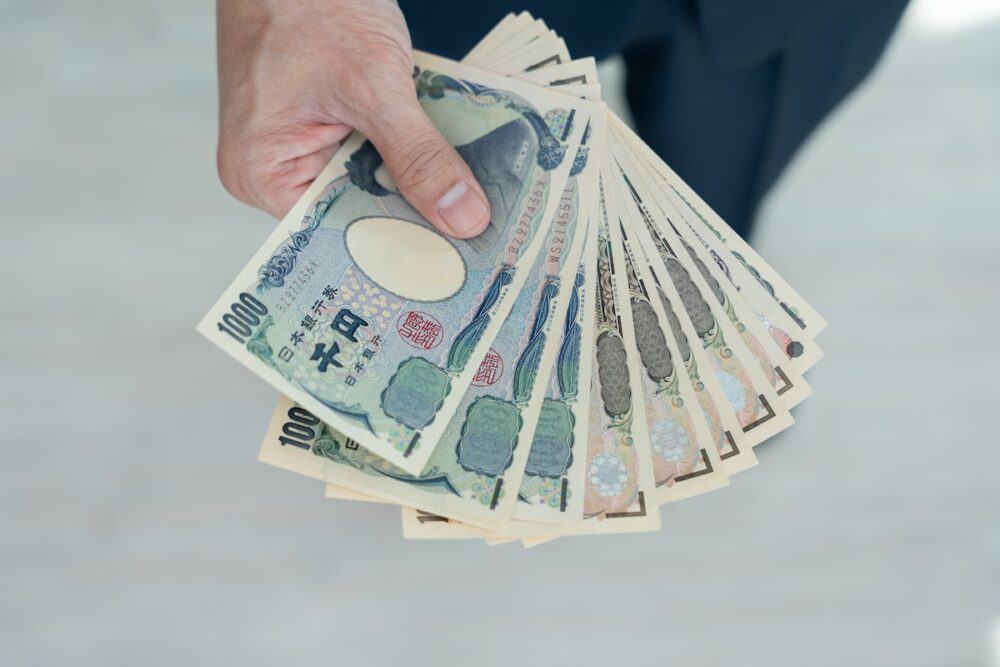
Can I tip in USD in Japan?
Since we have already gone over that tipping in Japan is not customary, tipping in foreign currency, such as USD, is rare and not widely accepted.
The standard money used for transactions in Japan is the Japanese Yen (JPY), and most businesses do not handle foreign currencies for tipping or payment.
It’s essential to respect local customs and practices, which do not typically include tipping.
What Is A Reasonable Tip In Japan
Since tipping is not customary, there is no fixed or reasonable percentage for tipping, as we might find in some other countries. If someone does leave a tip in Japan for an exceptional service. In that case, it’s typically a minor, discretionary amount rather than a specific percentage of the bill.
- Exceptional Service: Tipping should be reserved for exceptional service that goes above and beyond what is expected.
- Small Amounts: Tipping should be in small amounts. The gesture, not the amount, is what matters. A small token of appreciation is more appropriate than a substantial tip.
- Situation-Dependent: Tipping is more likely in certain situations, such as when we have a private tour guide or a personal service provider. For example, if you hire a private guide for a day, offering a small tip at the end of the day is more common.
- Cultural Sensitivity: Be aware that not all service providers in Japan will be comfortable with tipping. Some may refuse it, as it goes against local customs. Be sensitive to their response and respect their decision.
As a general guideline, if we do choose to leave a tip in Japan, it’s often best to keep it modest and in line with the spirit of showing appreciation rather than trying to calculate a specific percentage.
Ultimately, the most meaningful way to express gratitude for good service is through polite and respectful gestures and behaviour, which can include:
- Politeness and Respect: Be polite and respectful when interacting with the vendors. A courteous and respectful demeanour is always appreciated.
- Verbal Thanks: We should try to express our gratitude with a sincere “Arigatou Gozaimasu” (Thank you very much) in Japanese after the service or purchasing a product.
- Feedback: As visitors, we aim to provide positive feedback to the vendors that we have enjoyed their products or services. If you enjoy the products or food you’ve purchased, provide positive feedback to the vendors. Let them know if you had a good experience and express your appreciation.
- Repeat Visits: Becoming a repeat customer and continuing to support their business is a meaningful way for us to show our appreciation.
- Small Gifts: I suggest offering a small gift or souvenir from home since that can be a thoughtful gesture, especially if a rapport has been established with the vendor.
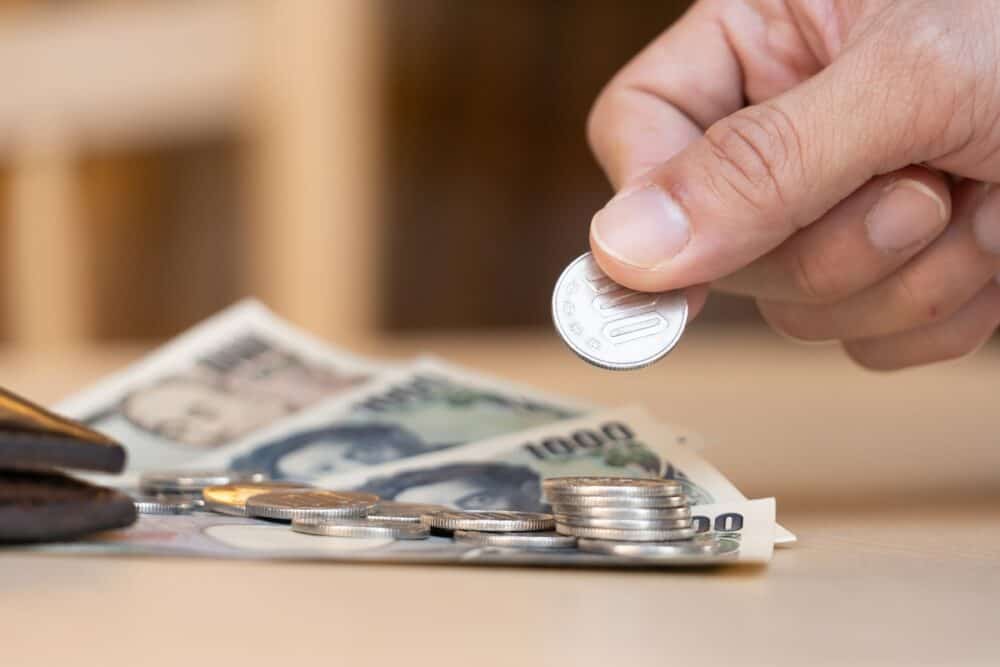
Taxi & Uber Drivers
Japan has different taxi drivers, each providing various types of taxi services. These include regular taxi drivers, private hire drivers, accessible taxi drivers and local drivers.
They are known for their professionalism, reliability, and adherence to traffic rules. Taxi drivers typically provide clean and well-maintained vehicles with knowledge about the local area.
Being polite and respectful when interacting with taxi drivers is essential, and a basic understanding of Japanese customs and etiquette can really enhance our experience.
With a ‘no-tipping’ culture, taxi drivers and those similar do not expect a tip and will most likely not accept one either.
I wouldn’t even bother haggling because they are just not that type of people. Cash payment is always your best bet in other cases, although some cabs now accept IC Cards.
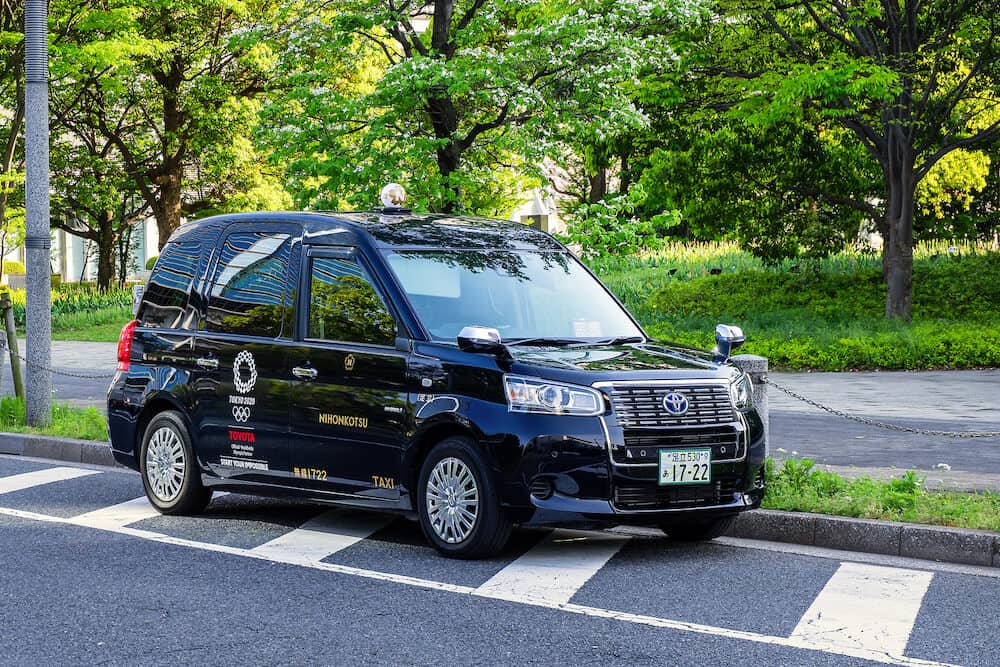
Tour Guides & Operators
Do we leave tips for tour guides and operators in Japan?
The answer is typically no, but private tour guides and those who have really gone out of their way may accept small cash as a token of our appreciation.
We must be wary of who and how we go about it since even the possibility of attempting to tip a tour guide may need clarification or be perceived as unusual.
Tour guides in Japan are usually well-compensated for their services, and the emphasis is on providing excellent service as part of their job.
So, do I need a tour guide in Japan?
Tour guides in Japan are typically highly professional, well-trained, and knowledgeable about the areas they cover. They often undergo rigorous training and are licensed by the government. Some have access to exclusive or restricted areas, providing unique experiences you might not have, such as:
- Historical and Cultural Sites: A knowledgeable guide can provide context and detailed information about historical sites, temples, shrines, and cultural traditions.
- Language Barrier: Most of us won’t be able to speak or understand Japanese, which means a guide can help with language translation, communication, and navigation.
- Local Insights: Guides can offer local insights, recommend hidden gems, and provide a deeper understanding of Japanese culture.
- Customised Itineraries: Private guides have the ability to customise itineraries that cater to our specific interests and needs.
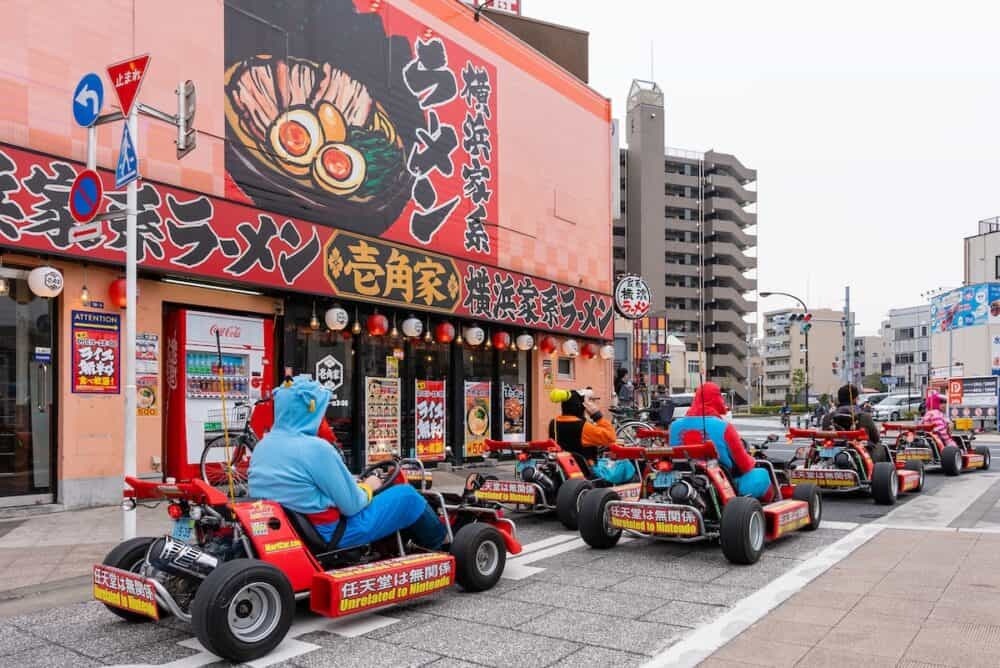
Spa & Wellness Places:
I have always given that little bit extra at spa and wellness places wherever I have travelled. Still, in Japan, there is absolutely no expectation to do so. Doing so may convey an offensive message, which is the last thing we want after an excellent service.
Spa and wellness places in this country, such as onsen (hot springs), ryokans (traditional inns), and modern spa facilities, are known for their relaxation and rejuvenation offerings.
These places often prioritise customer comfort and service excellence. The service providers at these establishments already aim to provide top-notch service as part of their standard offerings.
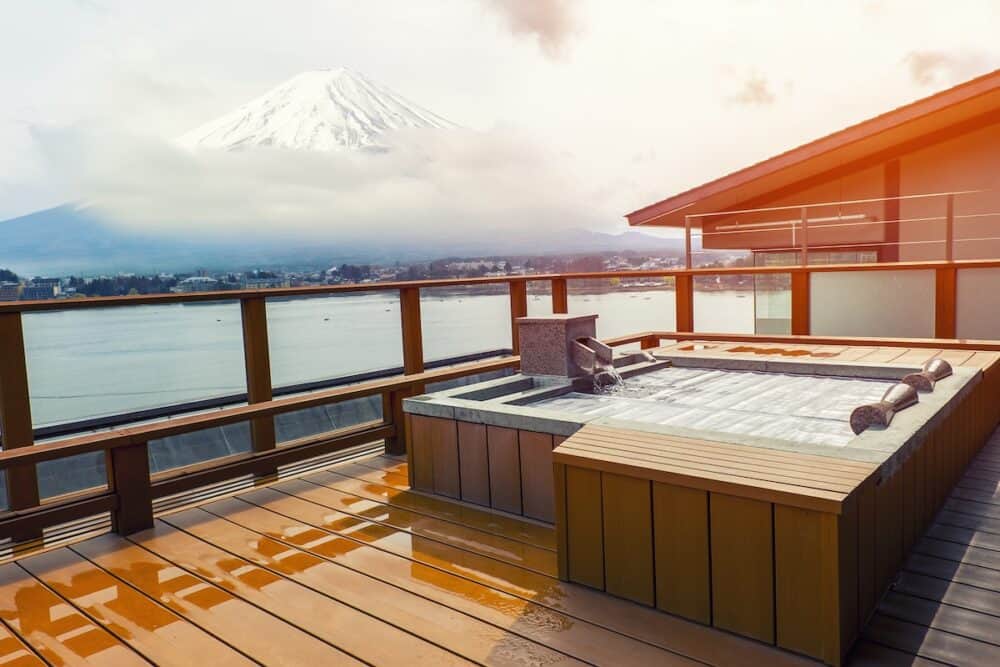
Hotel Staff
When it comes to Japan, hotels and their tipping culture are nonexistent.
This industry is nothing different from others, and tipping hotels, especially in person, can be seen as rude and offensive. Hotel staff in Japan do not expect a tip, especially in high-end Ryokans. It is just not a part of their culture, and it is always best to respect that because we want them to want us back!
The idea is to leave any money or cash in an envelope and place it in a secure and visible spot in your room. Other than that, the most crucial part to remember is always being polite and respectful. If the tip is refused, don’t be offended and accept it back with a smile and nod of understanding.

Cafes, Restaurants & Bars
I know this may come as a surprise, but the last place we should ever tip is at a restaurant in Japan! Anything given will be turned down, and depending on how it is done, it could quite easily offend them.
Since the Japanese believe the service they are providing is already included in the tip. Check the bill to see if any service charges are included before even thinking about giving anything extra.
It is usually between 10 and 15 per cent of the total invoice. Interestingly enough, most restaurants expect you to pay upfront with the host or hostess, adding to the misunderstanding of any tips provided to the server.
I had a friend once who travelled to Japan and tried leaving a tip at a local bar, to no avail. The bartender ran down the street, trying to catch up with my friend’s group because he thought they had accidentally left the money.
When trying to explain that it was purposefully done, the bartender became confused and upset, unsure as to what was going on. In the end, my friend respectfully took it back and apologised.
Cafes are similar to restaurants and do not expect a tip from their customers. I recommend that anyone should check first and ensure any of these establishments accept gratuity before offering it to them.
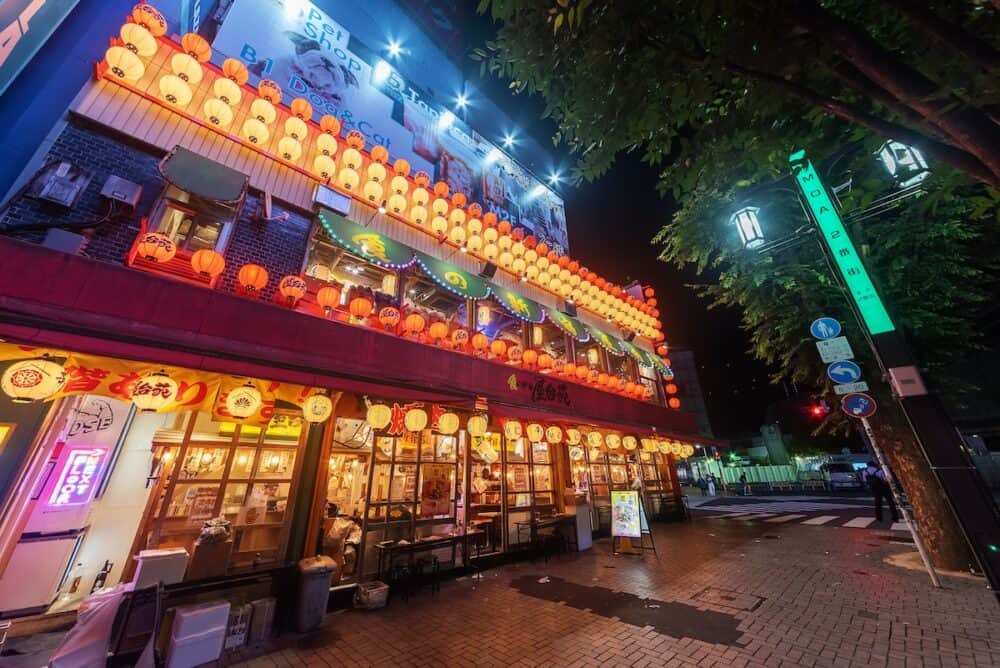
Food Delivery
We all love a fast and efficient food deliverer who provides a professional service to your door. Food delivery in Japan is the same and typically systematic and convenient, especially in urban areas.
Many restaurants and food delivery services offer various cuisines that can be delivered to your home or hotel. However, tipping food delivery personnel in Japan is not a common practice, and it is not expected since they receive compensation as a part of their job.
Keep in mind to respect the local customs and practices when expressing our thanks. Showing gratitude through polite and respectful behaviour is often the best way to acknowledge good service!
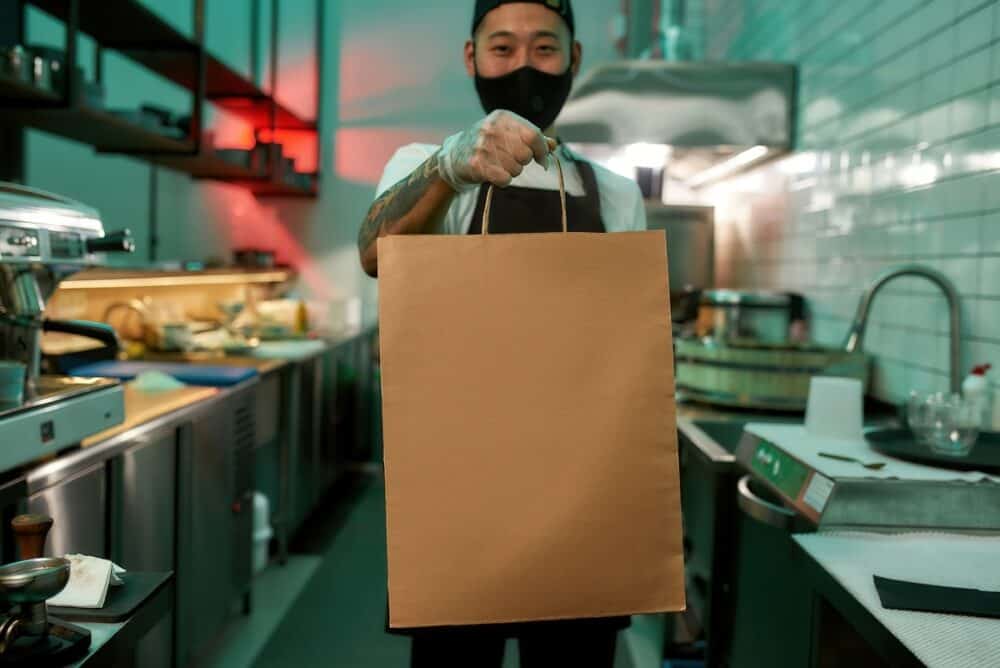
Street Vendors & Markets
As someone who has travelled excessively, I have never encountered a street vendor or market that expects a tip. I have experienced small jars or bowls sitting on their table for tips, but only if necessary since the expectations are never there.
The same applies to Japan, and I still wouldn’t leave an actual tip but rather choose a different option of showing our gratitude. As I have mentioned before, it may even be met with confusion or offence.
Market and street vendors would appreciate your return to their shops and support in buying their products over giving them a cash tip.
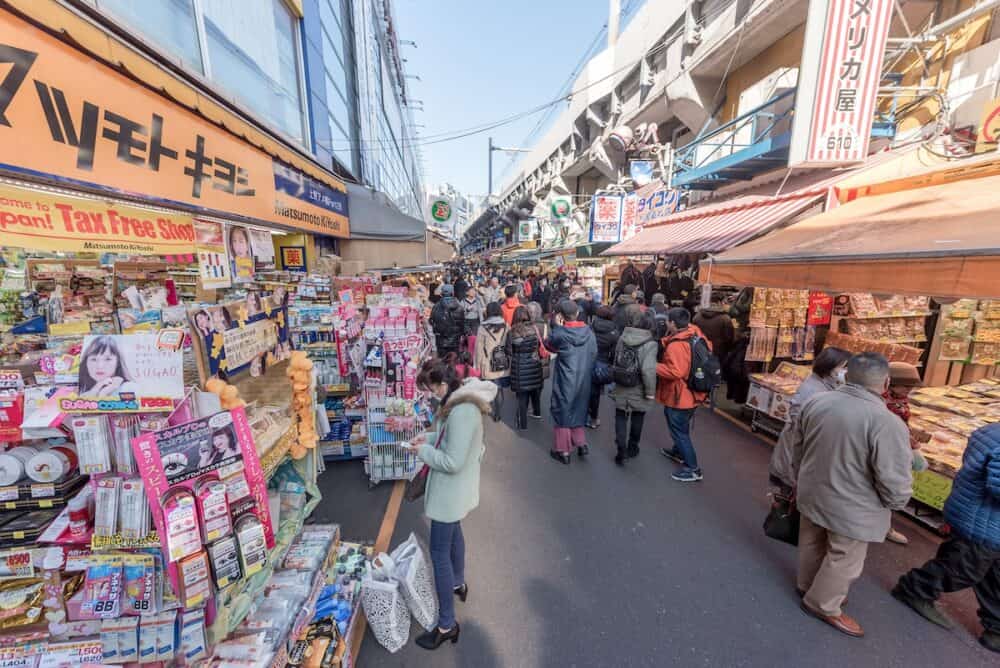
Airport Porters
To avoid any awkward moments and confusing situations, airport porters and other airport staff merely appreciate a simple thank you when addressing their good service.
Being respectful and polite at all times is all they require, and if we really want to thank them or show them our gratitude for helping you, maybe think about doing a random act of kindness by offering them a small gift, a note of thanks, a snack, a beverage or even a small souvenir.
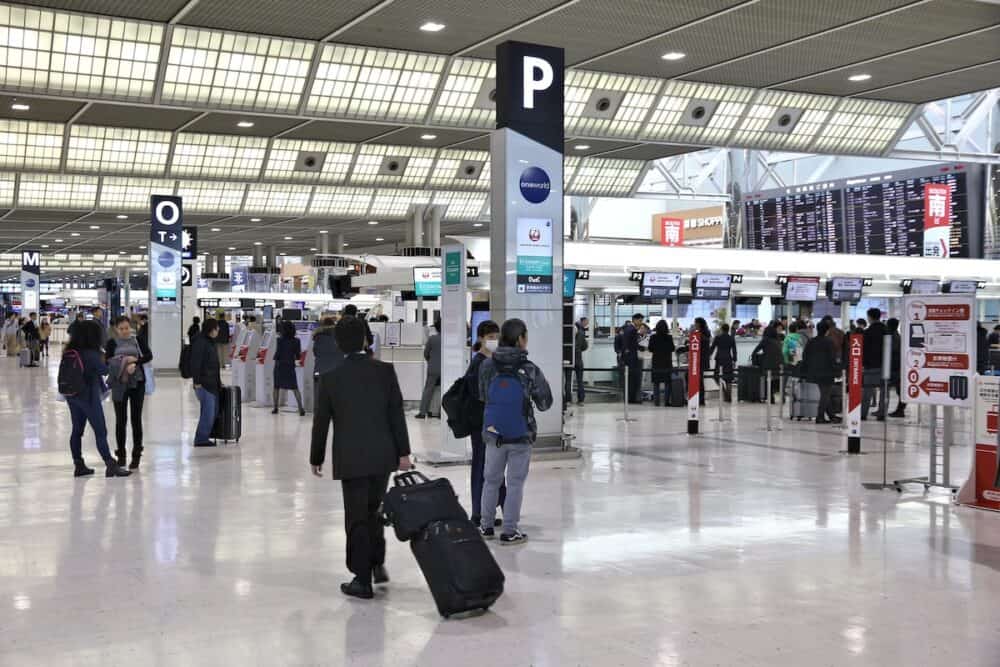
Final Thoughts for Tipping in Japan
The common question is, “Do people tip in Japan?“
No, you don’t, and it’s best not to tip in actual cash, but there are other ways to show your thanks.
Remember that Japanese culture strongly emphasises providing excellent service without the expectation of tips. Demonstrating appreciation through our actions, words, and support of local businesses can positively impact the service providers we encounter during our visit.
Being a respectful and considerate traveller can be more meaningful and appreciated than monetary tips when dealing with any of the abovementioned industries in Japan.
Out of everything we have learned, it seems the best gesture we can make whilst travelling this beautiful country is simply learning to say thank you in Japanese (“Arigatou Gozaimasu” – learn to pronounce it properly here) and giving a respectful bow with hands together in prayer form.
Read more:
- 5 day Itinerary for Japan
- Budget Travel Guide for Japan
- 10 Dishes you Must Try in Japan
- Best hotels in Tokyo Japan
- A few of the Coolest Things to do in Tokyo + Day trips From Tokyo
- 48 Hours in Tokyo – A 2 Day Itinerary
- 18 Things to do in Oita, Japan – That People Actually Do!
- 3 days in Oita Prefecture + a stop in Tokyo



